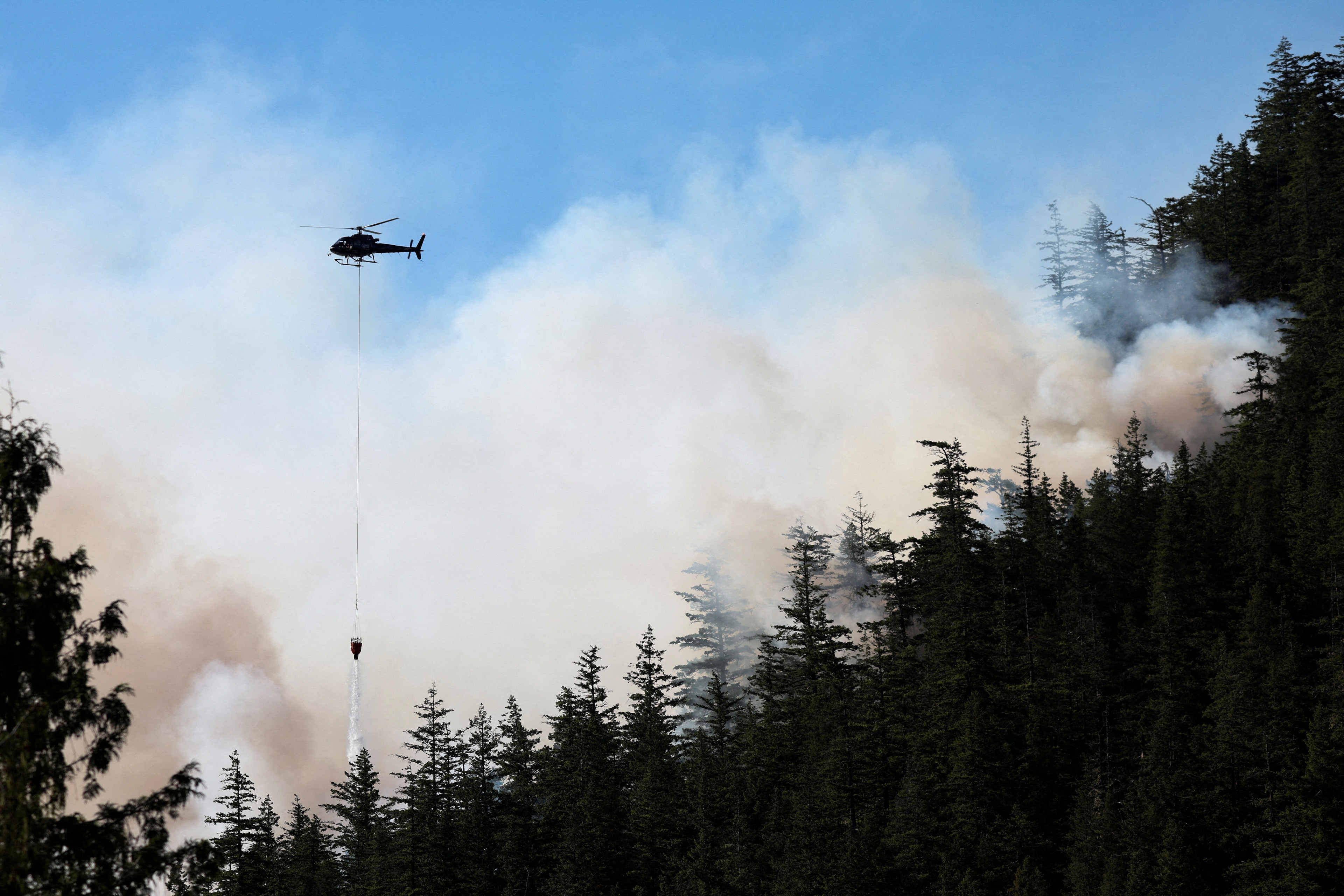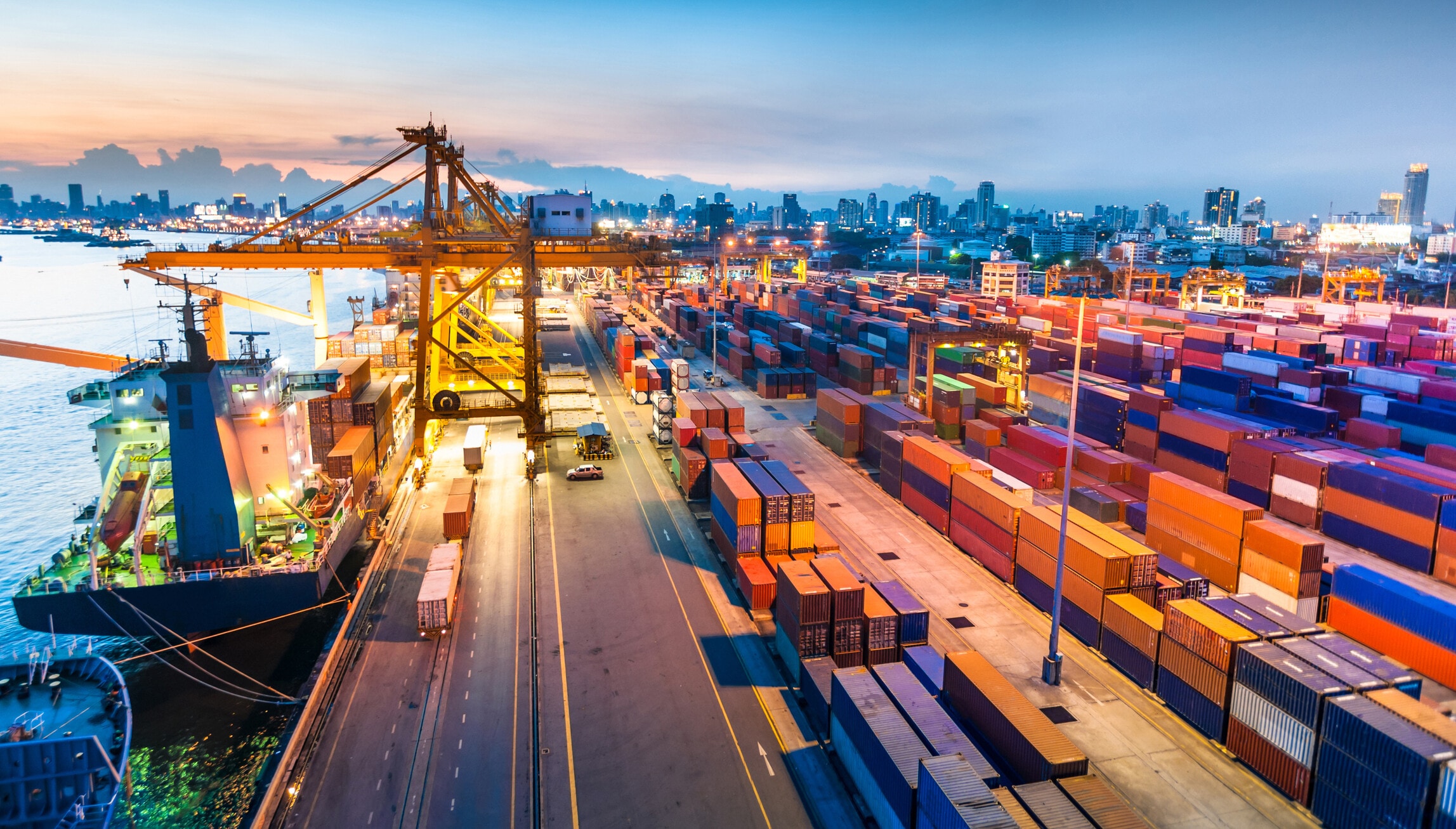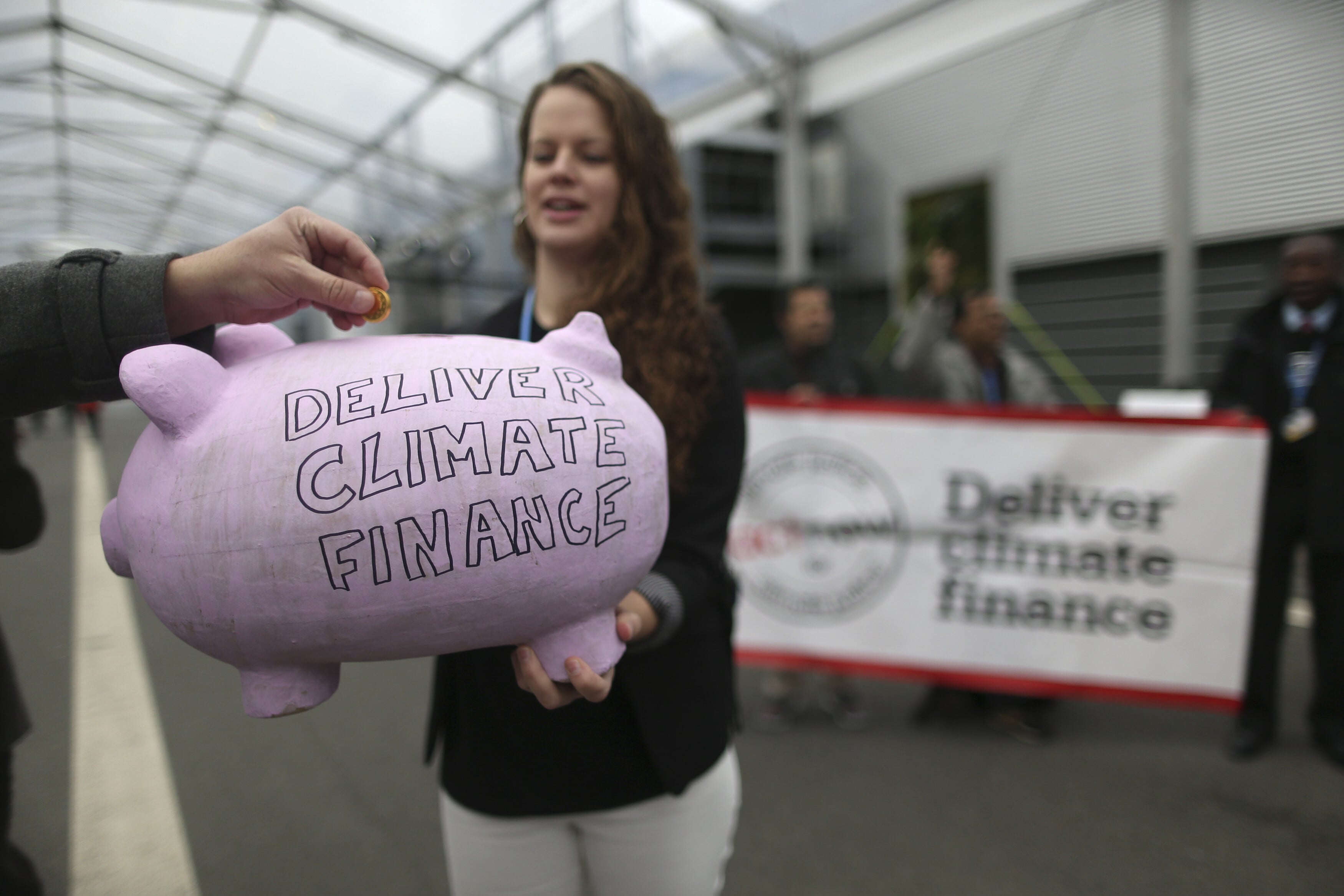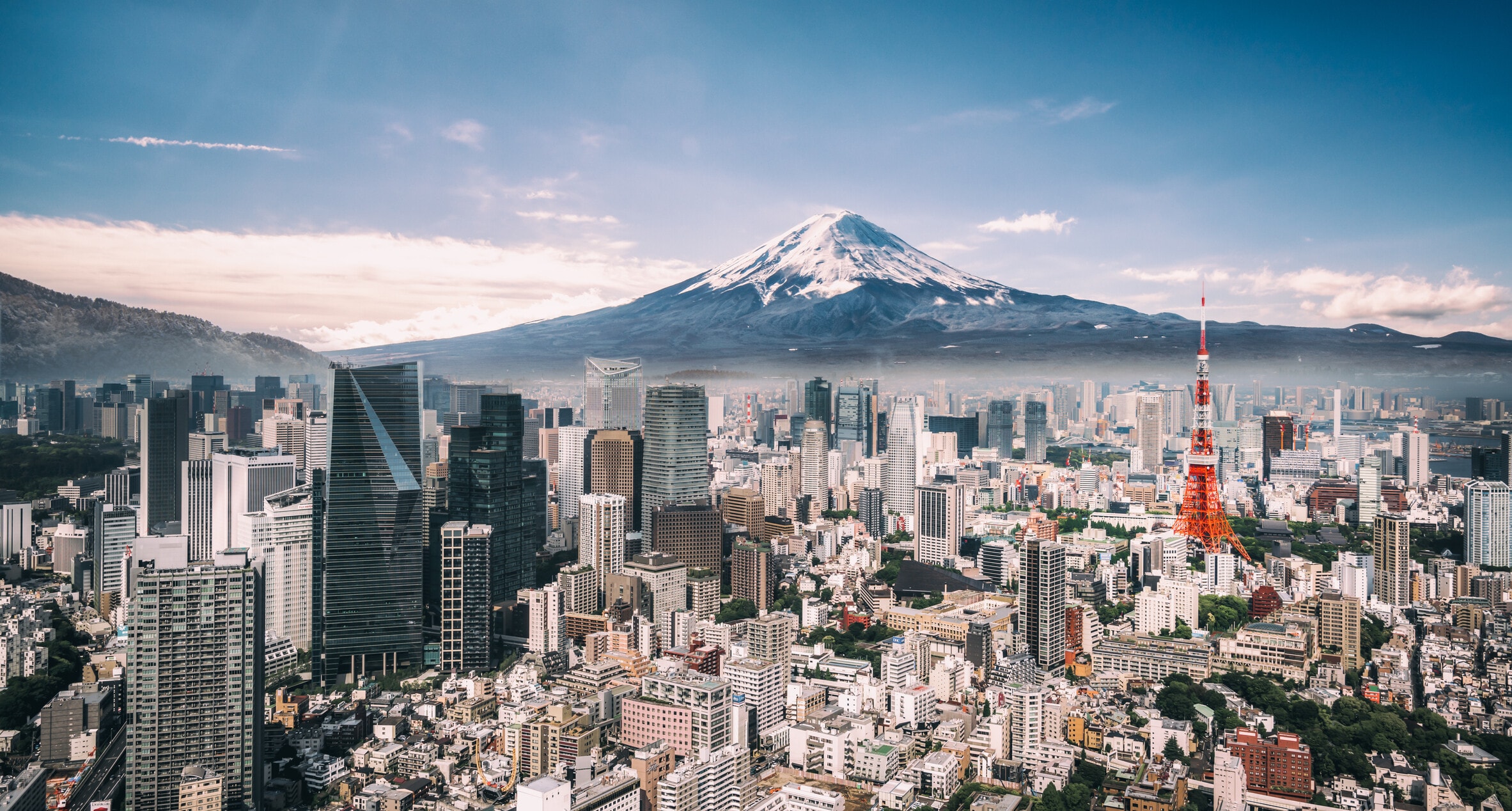Wildfires 'could transform' Canada's landscape, and other nature and climate news

More than 200 wildfires are burning across Canada.
Image: REUTERS/Jesse Winter
- This round-up contains some of the key nature and climate news from the past week.
- Top stories: Wildfires could change Canadian landscape; 'Momentum' at UN oceans summit; China removes waste from site that inspired Avatar movie.
1. Wildfires 'could transform' Canada's landscape
Hundreds of wildfires are burning across Canada and scientists think they could change how its landscape looks, the Washington Post reports.
More than 200 fires are currently burning across the country, with around half of them out of control. The season has already outpaced the annual average.
Wildfires are not unusual in the country – millions of acres can burn each year. But, as is happening across many other parts of the world, drier conditions and warmer weather are making fires hotter and more frequent.
Scientists told the Post that with lots of fires in close succession, some varieties of trees "can't keep up".
They said that some parts of the country could shift to grassland or savanna rather than the tall forests people picture when they think of Canada.
Wildfires have been burning across many parts of the world in recent weeks. As well as Canada, Greece is battling fires and has hired a record number of firefighters as it anticipates a difficult fire season.
In the UK – where smoke from the Canada wildfires recently turned the sky orange – recent data showed 2025 may turn out to be the worst season for wildfires. London is training firefighters for a higher risk of wildfires over the summer after the driest spring in more than a century.
Global data shows that forest fires are becoming more widespread and burning at least twice as much tree cover as they did a decade ago.
2. 'Undeniable momentum' at oceans conference, says UN
The third United Nations Ocean Conference closed last week with "a wave of commitments", the organization has said.
The conference, held in Nice, France, brought together thousands of participants including more than 60 heads of state and government to discuss how to tackle the most urgent issues facing the ocean.
More than 170 countries adopted the Nice Ocean Action Plan, a two-part document comprising a political declaration, that calls for concrete steps to protect the ocean and combat marine pollution, and a range of pledges.
Some notable voluntary commitments made included:
- The European Commission announcing an investment of $1.1 billion to support ocean conservation, science and sustainable fishing.
- French Polynesia pledging to create the world’s largest marine protected area to safeguard its seas.
- Germany launching a $115 million first-of-its-kind programme to clean underwater munitions.
- Indonesia, the World Bank and other partners launching a 'Coral Bond' to mobilize private capital to conserve reefs.
A main objective of the conference was to make progress on the High Seas Treaty, which was adopted in 2023 to safeguard marine life in international waters.
Sixty ratifications are needed for the agreement to enter into force – 19 countries ratified the accord during the Nice conference, bringing the total number to 50. More agreed to do so by the end of the year.
While recognizing momentum, some, including the World Resources Institute, have raised questions about the pace of progress and called for all governments to act urgently.
3. News in brief: Other top nature and climate stories this week
China has removed a decade's worth of rubbish from a national park in its southern province of Hunan. Waste had accumulated in the area – which is a UNESCO heritage site that inspired the scenery for the 2009 sci-fi film Avatar – after the local government banned incineration and before a new waste collection and treatment service had been established.
Indonesia has cancelled four out of five permits for nickel mining companies working in the country's Raja Ampat archipelago – an area that has been called "the last paradise on Earth". Indonesia is the world's largest producer of the metal, which is vital for electric vehicle batteries.
Morocco is speeding up its investment in desalination plants, water transfer projects and new dams to meet rising demand from cities and farming, and to mitigate drought. The country has experienced years-long water stress while agriculture using underground water has expanded, Reuters reports.
How is the World Economic Forum fighting the climate crisis?
The Basel Committee on Banking Supervision, a global forum for banking regulators, has published a framework that makes disclosing climate risks voluntary. The organization said it would be up to national regulators to decide whether to require banks to disclose such information.
A new study has identified regions across the world with the best potential for reforestation. Ranging from the eastern US and western Canada to Brazil and Colombia and across Europe, the areas amount to 195 million hectares which, if reforested, would remove 2.2 billion tonnes of CO2 a year.
Endangered species could be saved by harvesting living cells from faeces, according to research from a UK zoo and the University of Oxford. The scientists believe these cells could be transformed into stem cells and eventually sperm and eggs – which would allow the collection of genetic samples of rare animals.
4. More on the nature and climate crisis from Forum Stories
Efforts to protect nature have long focused on facts, rules and technical fixes, strategies that while important haven’t alone been enough to change hearts, minds or markets. With a new wave of innovators creating nature-positive solutions, creating narratives that highlight tangible benefits to people will be more likely to mobilize support and investment.
The actions of a small town near the ancient reef of Cabo Pulmo in Mexico were instrumental in restoring and protecting the area's ocean life. And they have inspired a new approach to ocean conservation – learn more in this video:
Accept our marketing cookies to access this content.
These cookies are currently disabled in your browser.
More on Climate ActionSee all
Wee Kean Fong and Yvonne Zhou
July 29, 2025
Pranidhi Sawhney and Adam Skali
July 29, 2025
David Carlin and Sourajit Aiyer
July 28, 2025
Nasim Pour, Sebastien Cross and Joel Gould
July 28, 2025
Michael Wang
July 28, 2025
Naoko Tochibayashi
July 28, 2025





